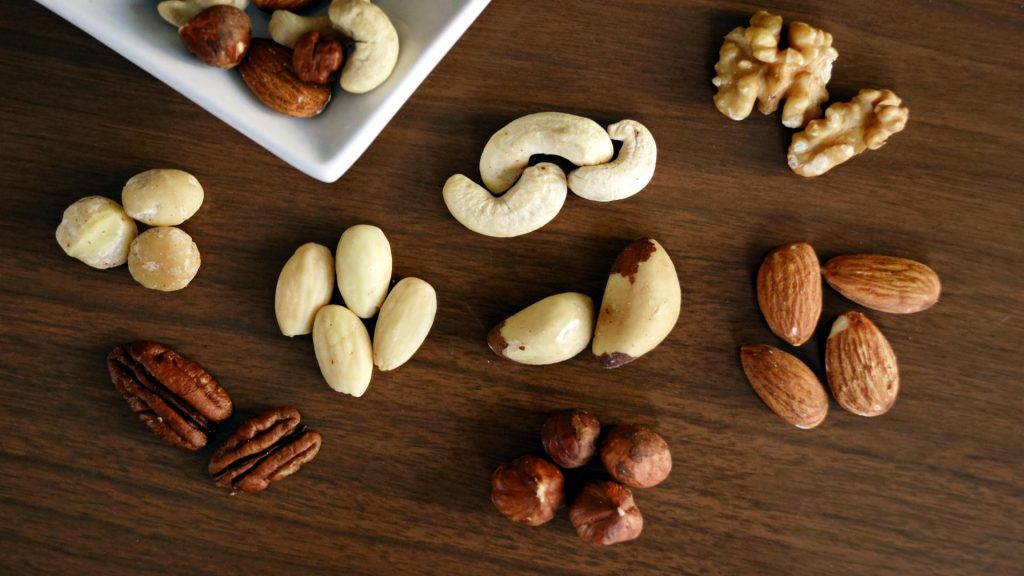
Article Outline:
- Introduction
- Understanding Diet Transitions
a. What are diet transitions?
b. Why do people go through diet transitions? - Common Challenges in Diet Transitions
a. Physical and physiological changes
b. Emotional and psychological factors
c. Lack of knowledge and guidance - Tips for a Successful Diet Transition
a. Set realistic goals
b. Gradual changes
c. Seek professional help
d. Monitor your progress
e. Stay motivated - Popular Diet Transition Approaches
a. Veganism to vegetarianism
b. Paleolithic to Mediterranean diet
c. Keto to balanced diet - Health Benefits of Diet Transitions
a. Improved nutrient intake
b. Weight management
c. Enhanced digestion
d. Increased energy levels - Potential Risks and Precautions
a. Nutrient deficiencies
b. Allergic reactions
c. Consultation with healthcare professionals - Conclusion
Article:
Diet Transitions: Making Healthier Choices for a Better You
Transitioning from one diet to another can be both exciting and challenging. It involves making significant changes in your eating habits, but the rewards are well worth it. In this article, we will explore the concept of diet transitions, their importance, and how to navigate through them successfully.
Understanding Diet Transitions
What are diet transitions?
Diet transitions refer to the process of moving from one dietary pattern to another. This could involve transitioning from a meat-based diet to a plant-based one, or from a high-carbohydrate diet to a low-carb one. The goal is to gradually adopt a healthier and more sustainable eating pattern.
Why do people go through diet transitions?
People choose to go through diet transitions for various reasons. It could be for ethical considerations, such as animal rights or environmental sustainability. Others may transition to improve their overall health, manage specific medical conditions, or achieve weight loss goals. Whatever the reason, diet transitions can have a positive impact on your well-being.
Common Challenges in Diet Transitions
Making changes to your diet can be challenging, both mentally and physically. Understanding and addressing these challenges is crucial for a successful diet transition.
Physical and physiological changes
When you switch to a different diet, your body needs time to adapt to the new foods and nutrient intake. This transition can cause temporary symptoms such as digestive discomfort, fatigue, or changes in bowel movements. It is essential to be patient and give your body time to adjust.
Emotional and psychological factors
Food plays a significant role in our emotional well-being. During a diet transition, you may experience cravings, mood swings, or a sense of deprivation. It is important to address emotional triggers and find healthy alternatives to satisfy cravings.
Lack of knowledge and guidance
Embarking on a diet transition without proper knowledge and guidance can be overwhelming. It is crucial to educate yourself about the nutritional requirements of your new diet and seek advice from healthcare professionals or registered dietitians. They can provide personalized guidance and ensure you meet your nutritional needs during the transition.
Tips for a Successful Diet Transition
Making a diet transition doesn't have to be daunting. Here are some tips to help you make a smooth and successful transition:
Set realistic goals
Be clear about your goals and set realistic expectations. Rome wasn't built in a day, and neither will your new dietary habits. Start with small changes and gradually build upon them.
Gradual changes
Rather than making sudden and drastic changes, opt for gradual transitions. This allows your body to adapt and reduces the likelihood of feeling overwhelmed. For example, if you're transitioning to a plant-based diet, start by replacing one meal per day with a plant-based option and gradually increase it over time.
Seek professional help
Don't hesitate to reach out to healthcare professionals or registered dietitians for support. They can provide personalized advice, meal plans, and address any concerns or challenges you may face during the transition.
Monitor your progress
Keep track of your progress to stay motivated and identify areas for improvement. This could involve keeping a food diary, tracking your energy levels, or noting any physical or mental changes you experience. Celebrate your successes and learn from setbacks.
Stay motivated
Stay motivated by reminding yourself of why you chose to make this change. Surround yourself with supportive individuals who share similar dietary values. Join online communities or support groups to exchange ideas, advice, and encouragement.
Popular Diet Transition Approaches
Here are a few popular diet transition approaches to consider:
Veganism to vegetarianism
Transitioning from a vegan to a vegetarian diet can be a stepping stone for many individuals. It involves reintroducing dairy products and eggs while still retaining a primarily plant-based approach.
Paleolithic to Mediterranean diet
Going from a paleolithic (paleo) diet, which focuses on foods believed to have been consumed by early humans, to a Mediterranean diet rich in fruits, vegetables, whole grains, and healthy fats can provide a balance of nutrients and variety.
Keto to balanced diet
Transitioning from a ketogenic (keto) diet, which is high in fats and low in carbs, to a more balanced diet can help maintain weight loss while allowing for a wider range of food choices and sustainable eating habits.
Health Benefits of Diet Transitions
Making positive changes to your diet through transitions can have a range of health benefits. Some of these include:
Improved nutrient intake
By incorporating a variety of foods from different food groups, diet transitions can improve your overall nutrient intake. This can lead to better digestion, increased energy levels, and improved overall health.
Weight management
Diet transitions that emphasize whole foods and balanced nutrition can contribute to healthy weight management. By providing a diverse range of nutrients, these diets support satiety, promote fat burning, and reduce the risk of overeating.
Enhanced digestion
A diet transition can help optimize digestion by introducing more fiber-rich foods, such as fruits, vegetables, and whole grains. These foods promote bowel regularity, improve gut health, and reduce the risk of digestive issues.
Increased energy levels
A balanced and nutrient-dense diet can provide a steady supply of energy throughout the day. By including complex carbohydrates, lean proteins, and healthy fats, diet transitions can help stabilize blood sugar levels and prevent energy crashes.
Potential Risks and Precautions
While diet transitions can be beneficial, it is essential to be aware of potential risks and take necessary precautions:
Nutrient deficiencies
Switching to a new diet without proper planning and guidance can increase the risk of nutrient deficiencies. It is important to ensure that your new diet provides all the essential nutrients your body needs. In some cases, dietary supplements may be required.
Allergic reactions
When introducing new foods into your diet, there is always a risk of allergic reactions. If you have known food allergies or sensitivities, be cautious and consult with a healthcare professional before making any drastic changes.
Consultation with healthcare professionals
Before undergoing any major diet transition, it is advisable to consult with healthcare professionals or registered dietitians. They can evaluate your specific needs, consider any underlying medical conditions, and provide personalized guidance to ensure a safe and successful transition.
Conclusion
Diet transitions are an opportunity to make significant positive changes to your health and well-being. By understanding the challenges, setting realistic goals, seeking professional guidance, and monitoring your progress, you can navigate through these transitions with confidence. Remember, every small step toward a healthier diet is a step toward a better you.
Frequently Asked Questions
Q: How long does it take to complete a diet transition successfully?
A: The duration of a diet transition varies based on individual goals and preferences. It can take anywhere from a few weeks to several months to fully adopt a new dietary pattern.
Q: Can I undergo a diet transition if I have specific medical conditions?
A: Diet transitions can be tailored to suit specific medical conditions. However, it is crucial to consult with healthcare professionals or registered dietitians who can provide personalized guidance based on your unique health needs.
Q: Do I need to take supplements during a diet transition?
A: It depends on the specific diet transition and your individual nutritional needs. Some transitions may require certain supplements to ensure adequate nutrient intake. Consulting with a healthcare professional or registered dietitian can help determine if supplements are necessary.
Q: Are there any potential side effects of diet transitions?
A: Some individuals may experience temporary side effects during a diet transition, such as digestive discomfort or fatigue. These symptoms are typically temporary as your body adapts to the new dietary pattern.
Q: Can I switch between different diets frequently?
A: While it is possible to switch between diets, it is generally recommended to stick to a dietary pattern long enough to allow your body to adapt and experience the benefits fully. Frequent and drastic changes may not provide the desired results in terms of long-term health improvements.
� Diet Transitions: Making Healthier Choices for a Better You
� Healthy Eating
� Diet Transitions
� Learn all about the importance of diet transitions, common challenges, tips for success, and popular approaches. Discover the health benefits, potential risks, and necessary precautions for a smooth transition to a healthier eating pattern.
Thank you for reading. For more insights, visit our #healthzone#3.com/blog">BLOG. We appreciate your support!



